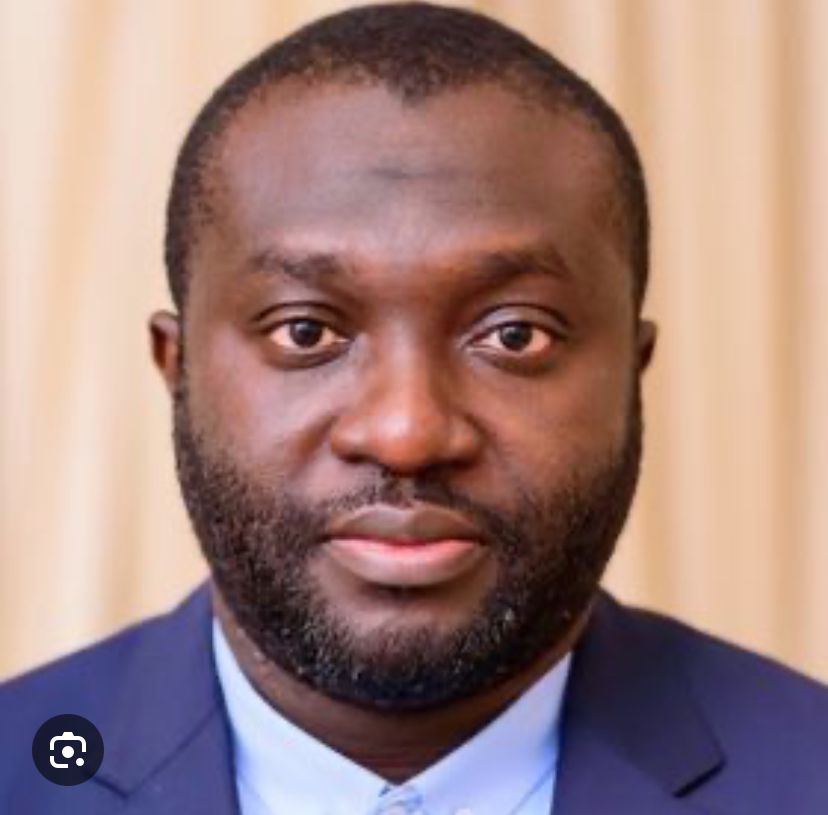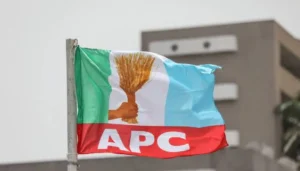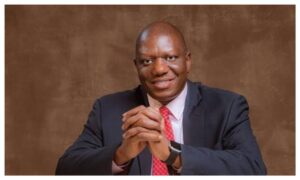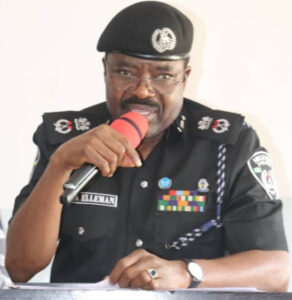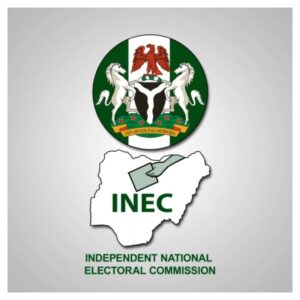In the heart of Nigeria’s current political scene, one figure is stirring up attention and influence – Idris Alubankudi Saliu. As the Special Adviser on Technology and Digital Economy to President Bola Ahmed Tinubu, Saliu has quickly earned a reputation as one of the administration’s most powerful individuals. Despite his young age, he wields significant sway within Abuja’s power circles, influencing policy directions that reach deep into Nigeria’s business and tech landscapes.
Unlike many advisors who work closely with the Minister of Communications, Saliu is said to bypass this route, reporting directly to President Tinubu. His unique access to the president has given him an almost untouchable status, leading some to refer to him as Tinubu’s “Godson.” This level of influence has made many in government tread carefully when dealing with him.
Before his appointment, Saliu built a strong career in the private sector. He was previously the Chief Technical Officer at Interswitch, a prominent digital payments company, and co-founded two fintech firms, Ceviant Finance and Arca. With this experience, he brings a wealth of knowledge in technology, finance, and telecommunications. However, this private sector influence has sparked some concern. Many insiders believe that Saliu is using his position to benefit personal business interests and those of his close associates, creating opportunities for his allies instead of promoting fair competition in the industry.
Reports suggest that companies hesitant to align with Saliu’s agenda face obstacles, such as unexpected investigations, regulatory barriers, or being denied approvals. Many business leaders feel caught between difficult choices—either to comply with the administration’s direction or risk financial setbacks. His critics argue that these actions echo a strategy of “state capture,” focusing on personal gains over national goals.
There are even allegations that Saliu uses misleading information and petitions to initiate investigations against companies that don’t align with his agenda. However, it’s unclear if President Tinubu fully endorses these tactics or if Saliu is acting independently.
The private sector has grown increasingly concerned, as many fear his influence may hurt the president’s public image. Several officials and business insiders have considered filing complaints, but worry about potential backlash if they openly speak against such a powerful figure. Due to Nigeria’s limited transparency in handling these petitions, most of these concerns remain private, though whispers within government circles suggest dissatisfaction is growing.
Idris Alubankudi Saliu’s influence is undeniable. Whether his impact will benefit Nigeria or create deeper divides remains to be seen. For now, he stands as a central figure within the Tinubu administration, shaping decisions that could have long-term effects on the country’s digital and economic future.
